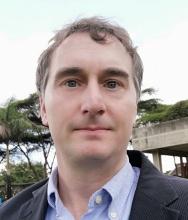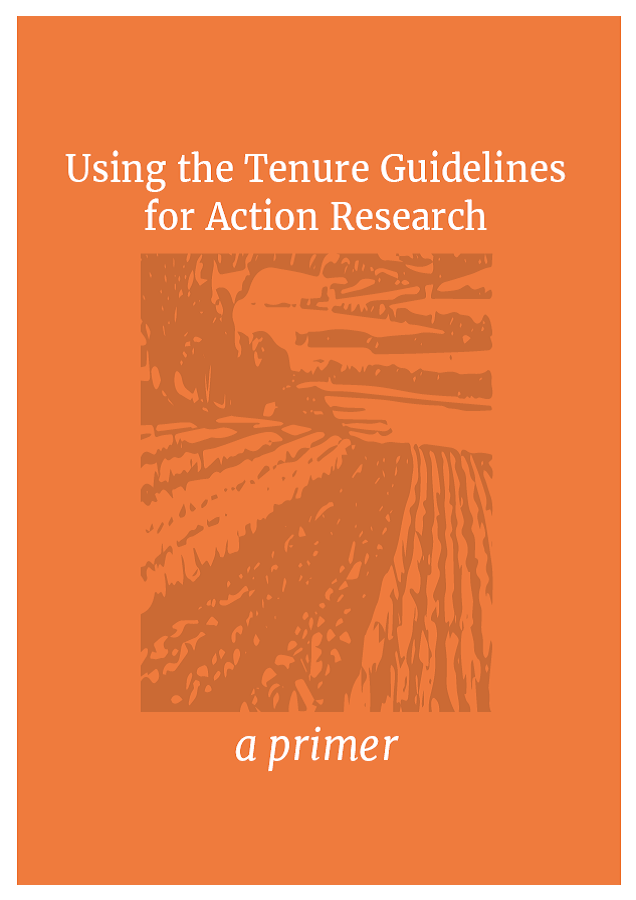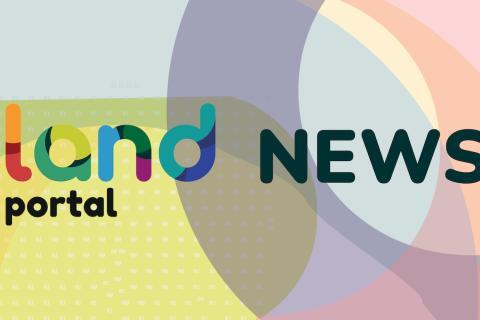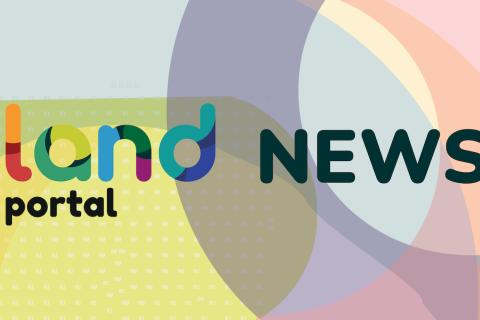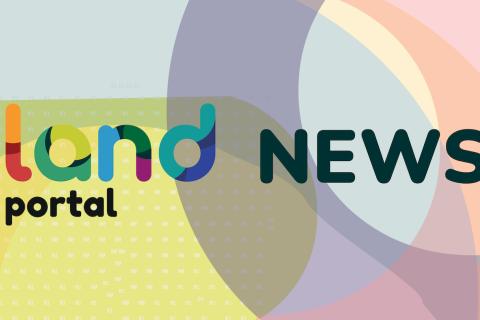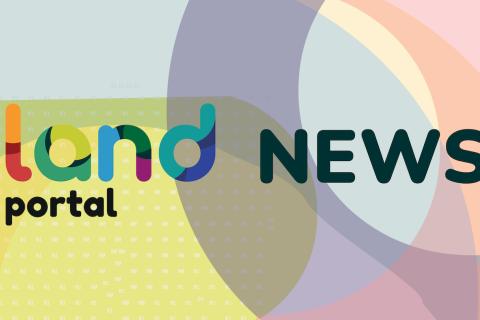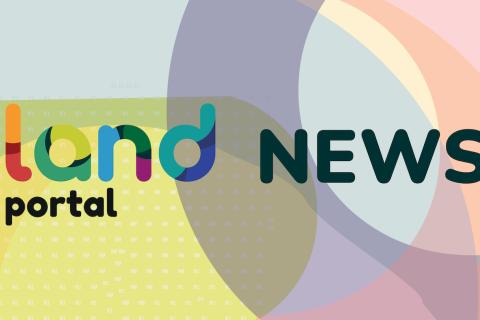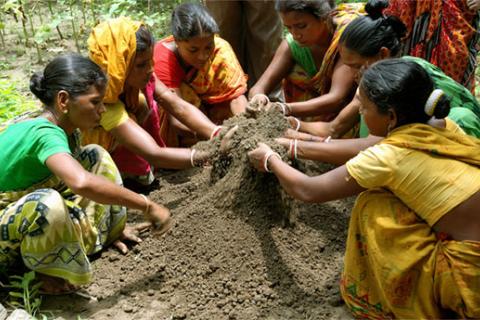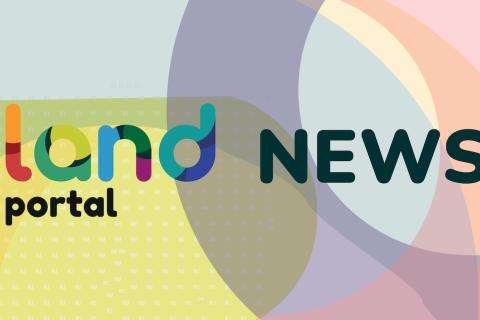Neil Sorensen joined the Land Portal as its Communications Specialist in October 2015. He has extensive experience leading communications for international organizations and developing relationships with civil society, donors, intergovernmental agencies, the media and the private sector. Previously, Neil worked for the International Fund for Agriculture Development (IFAD) as a Governing Bodies Officer and Strategic Adviser to the Secretary of IFAD. He has also led communications for three international organizations, including the International Land Coalition, the International Federation of Agricultural Producers (IFAP) and the International Federation of Organic Agriculture Movements (IFOAM). He holds a Master’s degree in Global Diplomacy from the University of London School of Oriental and African Studies (SOAS) as well as a Bachelor’s degree with a double major in German and Sociology from St. Cloud State University.
Details
Location
Contributions
Displaying 831 - 840 of 1145About the SDG Land Tracker
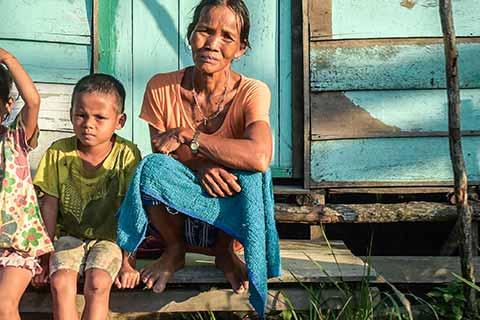
The broad range of data and information needed to effectively monitor land-related indicators in the Sustainable Development Goals (SDGs) framework has been either inaccessible, unavailable, or dispersed across various repositories. In the wake of the UN Decade of Action, land actors globally including the custodian agencies responsible for monitoring and reporting on land indicators in the SDGs framework are challenged to step up their efforts to accelerate access to disaggregated land data for policy decisions that leave no one behind. Access to regular, quality, and sex-disaggregated land data is key to measuring progress on key targets in the SDGs including those related to fighting poverty, increasing food security, gender equality and rights, access to adequate housing and achieving land degradation neutrality.
The land-related indicators are all classified as Tier II or I. Tier II means that indicators have conceptual clarity, an internationally agreed comparable methodology and standards for data collection and computing the indicators as developed by custodians in collaboration with NSOs, land administration institutions and stakeholders. To achieve Tier I status, at least 50 percent of all countries in all regions including small islands and states need to be reporting on the indicators regularly. In addition to the challenges of upgrading to Tier I, the COVID-19 pandemic has impeded the data collection, monitoring, and reporting of custodian agencies, organisations, and other data agencies.
Originally established by the Land Portal Foundation and the Global Land Tool Network (GLTN) in 2017 with the financial support of the Omidyar Network and long-term support of the UK's Foreign, Commonwealth & Development Office (FCDO), the SDG Land Tracker is maintained with ongoing support from Germany's Deutsche Gesellschaft für Internationale Zusammenarbeit (GIZ).
Indicator narratives are updated in concert with custodian agencies, which are United Nations bodies and other international organizations responsible for compiling and verifying country data and metadata, and for submitting the data, along with regional and global aggregates, to the United Nations Statistics Division (UNSD).
Centro Terra Viva
Missão
Uma gestão dos recursos naturais baseada em conhecimentos científicos, ambientalmente sã, economicamente viável e institucionalmente responsável.
Visão
Contribuir para uma melhor fundamentação técnico-científica das decisões ambientais, para que os apelos à participação pública na gestão ambiental, incluídos nas políticas, estratégias e na legislação ambiental nacional sejam respondidos, positivamente, por uma sociedade civil com capacidade de dar contribuições informadas e relevantes nesta área.
Guide for grassroots movements on tenure bottom-up accountability
The purpose of the guide is to provide practical information to rural communities that they can use in framing and devising collective action and engagement strategies to strengthen their tenure of land, fisheries and forest and bring about bottom-up accountability.
Call for pre-proposals: Prince Albert II de Monaco Foundation
Deadline:
11/08/2017
Region:
The next inclusive nomination session for funding from the Prince Albert II of Monaco Foundation opened online on July 3 2017 and will end on August 11 2017.
Lead Researcher for Developing a Methodology to Research Beneficial Land Ownership
Application Closing Date - 13 Aug 2017
Job Start Date - 01 Sep, 2017
Duration - 1st September 2017 to 17th December 2017
Location - remote, attend workshop in Berlin
BACKGROUND
Tanzania’s implementation of progressive tenure reforms is riddled with challenges
Land Portal Foundation launches country portfolio in effort to showcase local voices
Land has played a critical role in Tanzania’s development as a nation. Current land tenure frameworks, issues and conflicts in the country have historical roots dating back to the pre-colonial period.
Despite tenure regularization program, women’s land rights in Rwanda remain vulnerable
Land Portal Foundation Rwanda Country Portfolio provides comprehensive understanding of post-conflict land governance
With tumultuous colonial occupation, civil war and genocide that led to the death of an estimated 500,000 to 1,000,000 Tutsis in 1994, Rwandans historically endured massive displacements and human rights abuse. Thus, in the 21st century, the rectification of Rwanda’s previously untenable land governance system has become a major priority.
Transparency International Opportunity: Programme Officer, Land and Corruption Programme
Application Closing Date - 09 Aug 2017
Job Start Date - As soon as possible
Duration - 2 years, with the possibility of extension
Pay Scale - Job grade II
Location - Berlin, Germany
Women's Land Rights Visiting Professionals Program
The application process for the 2018 Visiting Professionals Program is now open until August 20, 2017.
Loss of Fertile Land Fuels Crisis Across Africa
Climate change, soil degradation and rising wealth are shrinking the amount of usable land in Africa. But the number of people who need it is rising fast.
By Jeffrey Gettleman
LAIKIPIA, Kenya — The two elders, wearing weather-beaten cowboy hats with the strings cinched under their chins, stood at the edge of an empty farm, covering their mouths in disbelief.

